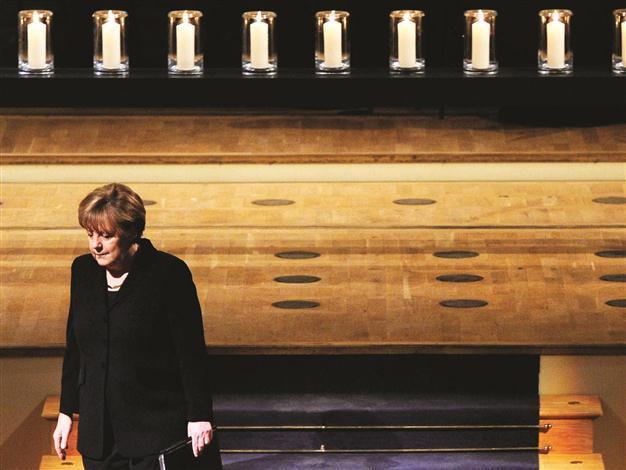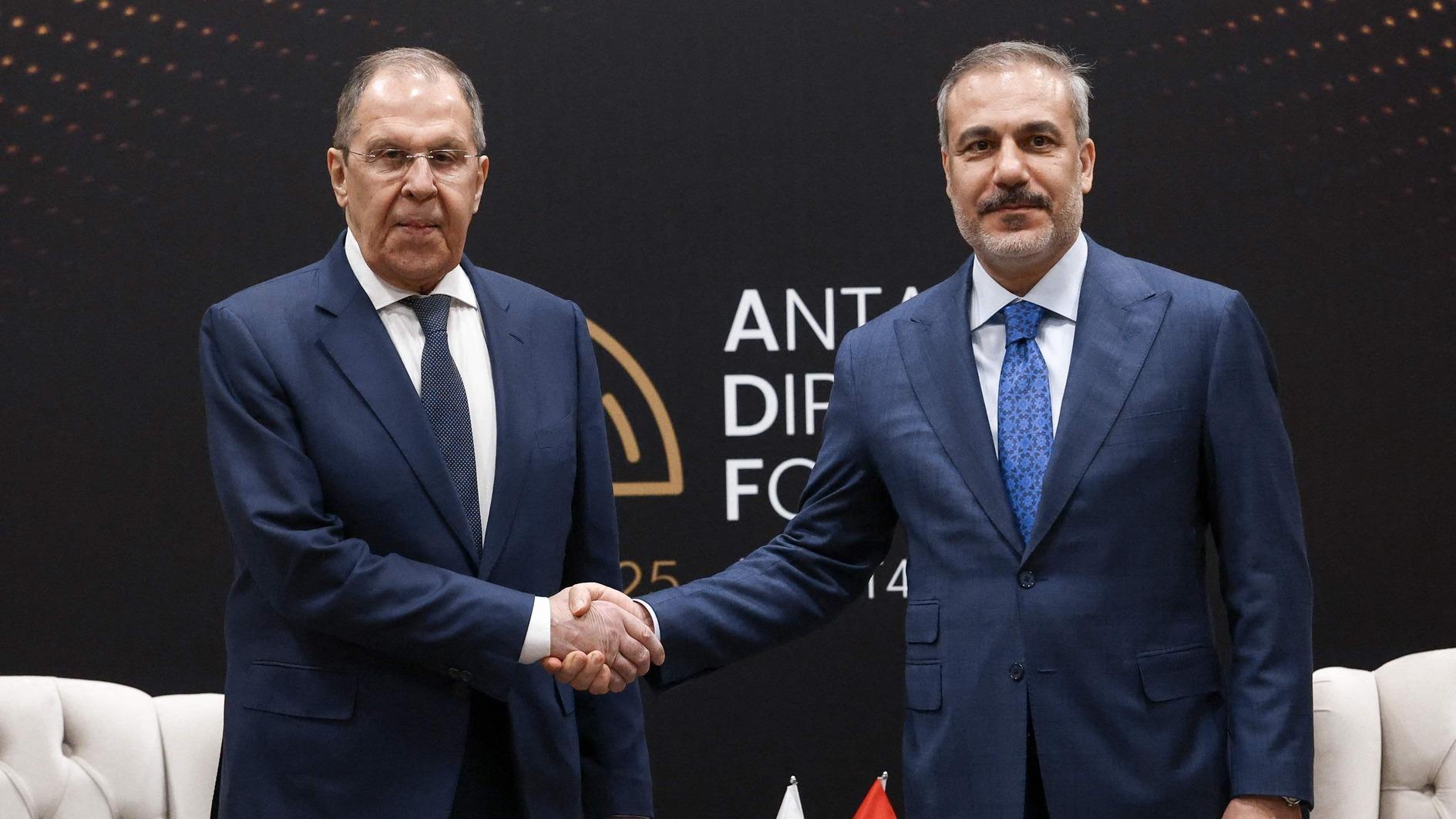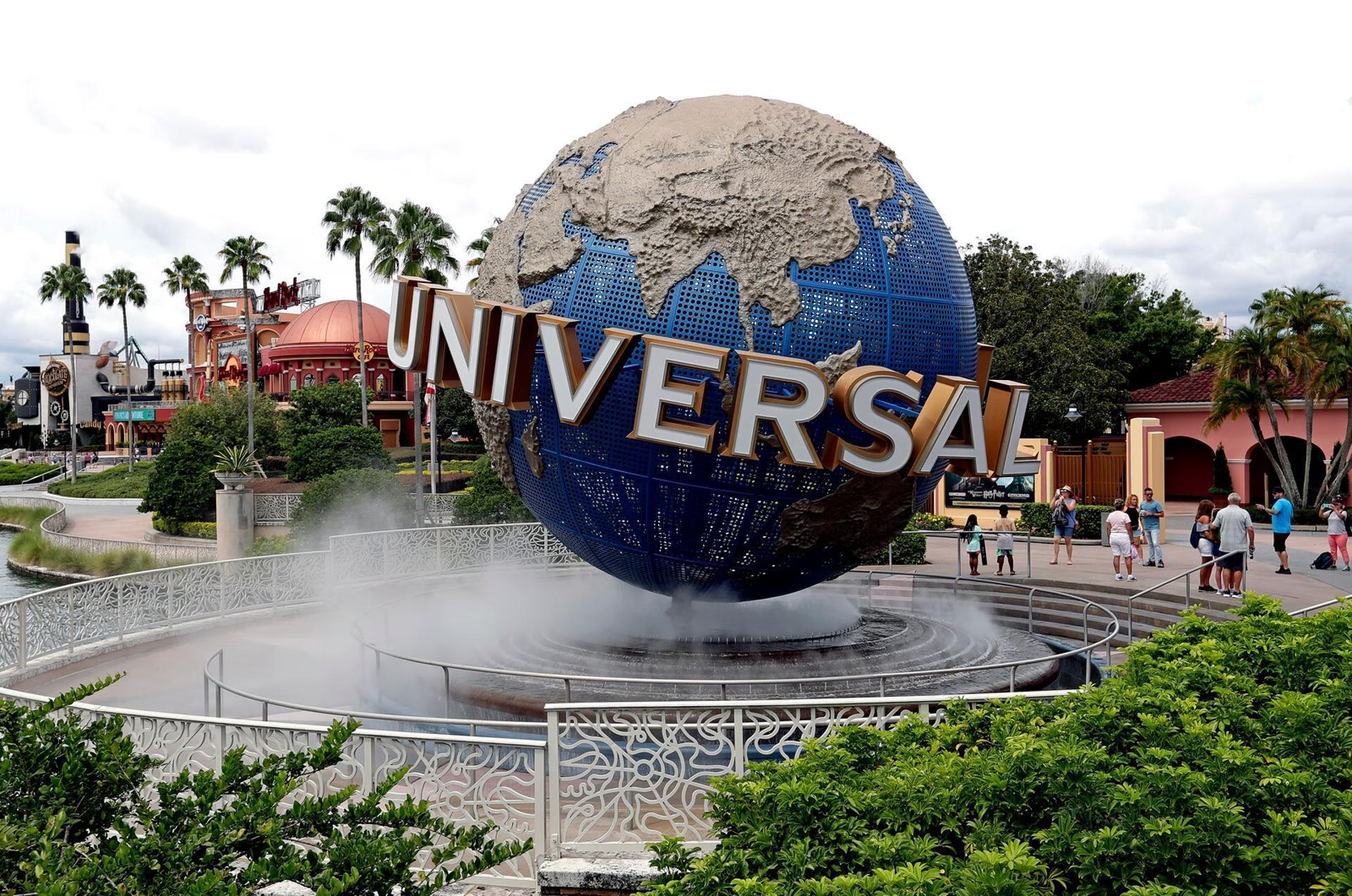Forgive us, Merkel tells racism victims
BERLIN

German Chancellor Merkel leaves the stage after addressing a service for victims of neo-Nazi violence that thought to have murdered 10 people, mainly German-Turks. AFP Photo
German Chancellor Angela Merkel has asked for “forgiveness” from the families of 10 people, eight of them Turks, believed to have been killed in a seven-year murder spree by a neo-Nazi gang, as Germany marked a national day of commemoration.Merkel described the murder spree as an attack on Germany and a “disgrace,” at a tribute to the victims held in Berlin’s central concert hall yesterday.
The existence of a neo-Nazi cell calling itself the National Socialist Underground (NSU) was discovered last year. The group is thought to be behind the killings of eight men of Turkish origin, one Greek national and a policewoman between 2000 and 2007.
“Some relatives were themselves wrongly under suspicion [over the murders] for years. That is particularly tormenting. For that I ask you for forgiveness,” Merkel, dressed in black, told around 1,200 guests.
Turkish President Abdullah Gül thanked new German presidential candidate Joachim Gauck in a phone call, saying his participation in the memorial was a nice gesture. Gül also wished Gauck luck in the coming election.
The memorial began with students carrying 12 candles to the front of the hall to music by Johann Sebastian Bach. The candles were for each of those killed, plus one for other victims of extremist violence and one for hope for the future.
“My son died in my arms, in 2006, in the Internet cafe where he was shot,” İsmail Yozgat said of his 21-year-old son, Halit. Addressing the gathering in Turkish, he asked that the street in Kassel where his son was born and murdered be named after him.
Semiya Şimşek, whose father, Enver Şimşek, was shot at his flower stand in Nuremberg at the age of 38, said for years her family could not consider themselves victims because of suspicions that her father may have had criminal connections.
“Can you imagine how it felt to see my mother become a focus of investigation?” she said in a speech that left dignitaries visibly moved. “Today I torture myself with the question ‘Am I at home in Germany?’ ... How can I be sure of this when there are people who don’t want me here because my parents are from another country?”
A minute’s silence took place at noon as part of a national day of commemoration for the victims. Germany was left reeling by the November 2011 discovery of the NSU, which only came to light when two members were found dead in an apparent suicide pact.
Compiled from AFP, Reuters and AA stories by the Daily News staff.
















